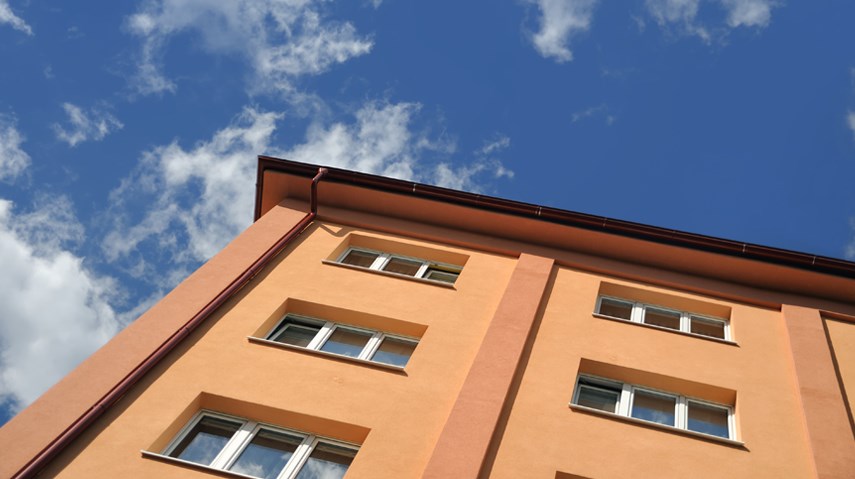According to Simon Fraser University associate professor Josh Gordon, the biggest driver of rental vacancies in any given market is economic activity.
“The low vacancy rate is a product of a high economy – nothing more, nothing less,” he said last fall during a panel discussion at the University of British Columbia Centre for Urban Economics and Real Estate.
With B.C.’s strong performance over the past year, it’s perhaps no surprise that Canada Mortgage and Housing Corp.’s (CMHC) annual survey of rental markets reported ongoing low vacancies in B.C. of 1.5 per cent, up from 1.4 per cent last year.
CMHC reported a vacancy rate of 1.1 per cent for Metro Vancouver, noting a “strong local economy [is] contributing to growing rental demand.”
The vacancy rate was largely unchanged from last year, according to CMHC, which reported a 1 per cent vacancy rate a year ago.
Multi-family sales drop
The release last week of CMHC’s annual survey of rental markets was watched for any light it would shine on the impact of government policies designed to boost options for tenants and make housing more affordable.
Owners, however, have seen asset values eroded, as preliminary 2019 sales data gathered by Goodman Commercial Inc. indicates.
Greater Vancouver saw approximately 76 purpose-built apartment blocks change hands in 2019 with an aggregate value of $1.1 billion, according to Goodman. The average price per suite was $384,013. This compares with 155 transactions last year worth just shy of $3 billion. The average price per suite was $530,401.
The 28 per cent drop in the average price per suite is attributable to a couple of factors, says Mark Goodman, a partner in Goodman Commercial. On the one hand, government policies have made investors cautious and the market more difficult; this in turn has led to fewer properties coming to market, and those that do are more likely to be older, wood-frame properties with a lower price per door.
The reticence of investors is underscored by a rise in cap rates, particularly within Vancouver. West-side properties that used to have cap rates in the low two per cent range are now trading at rates of up to three per cent.
“We’ve seen a dramatic increase in yield expectations from the premier rental markets, like the West End, Kitsilano and Fairview,” he said. “And what that’s done is it’s really brought down the market, in some cases [by] 20 per cent.”
However, if investors are more cautious and demanding, they’re still keen to buy the right property. Concrete projects have held value well and are in demand among institutional investors.
Moreover, a wave of sales went firm in the final weeks of 2019 and will boost the volume of transactions in the first quarter of this year.
Rental starts rise
One of the key questions surrounding the rental market is whether government pledges to boost rental supply have had an impact on vacancies and rental rates.
CMHC statistics released last week said no, but the province had already issued a report that claimed the 12,289 purpose-built rental units registered in the province in 2019 reached an all-time high as a proportion of all new homes registered, at 28.2 per cent. This gave Municipal Affairs and Housing Minister Selina Robinson a moment for self-congratulation.
“Our policy actions are shifting the market toward delivering more of the right type of housing that meets the needs of the people who live here,” she said in a press release accompanying the report.
Registration occurs before construction starts, as required under the province’s Homeowner Protection Act. However, the numbers are only slightly higher than the 12,095 rental units CMHC reports being started in the province last year. This was a 4.7 per cent increase from 2018.
Closer to home, however, the scenario was different. While starts across Metro Vancouver increased in line with the provincial average to 6,727, purpose-built rental starts in Vancouver dropped 20 per cent to 2,716 units in 2019.
According to CMHC, the number of purpose-built rental units in the city of Vancouver increased by 743 units in 2019, while the region added a total of 1,464 units.



